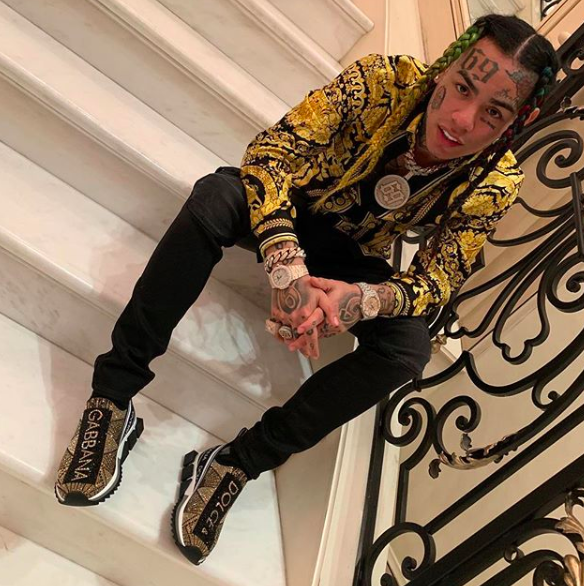Introduction: Unpacking 6ix9ine’s Polarizing Career Is 6ix9ine a good rapper, or is his fame just a product of his notoriety? Known as Tekashi 69, this controversial artist continues to captivate and divide the music world. This analysis seeks to dissect the elements that contribute to his ongoing relevance in the hip-hop industry.
Analyzing 6ix9ine’s Musical Talent
6ix9ine’s Vocal Style and Lyrical Approach Tekashi 69’s aggressive delivery and vivid lyrical content captivate a vast audience, sparking debates about the artistic depth of his music. For more on evolving hip-hop lyrical styles, see this in-depth piece from The New Yorker on modern rap evolution.
Influence on Hip-Hop and Cultural Dynamics Tekashi 69’s bold persona and musical style have undeniably influenced the hip-hop landscape. His approach has introduced a fusion of sounds that challenges genre boundaries, drawing in a young audience eager for innovation. Further reading on genre blending in music can be found on Music Theory Academy.

Controversies and Their Impact on His Career
Legal Battles and Public Persona 6ix9ine’s career is rife with legal issues, which have paradoxically helped maintain his place in the public eye. Each court battle and headline continues to fuel his persona as hip-hop’s notorious bad boy, keeping his music relevant. Detailed coverage of his trials can be found on Law360.
Mastering Media and Market Dynamics Tekashi 69’s adept use of media, particularly social media, showcases his understanding of modern marketing. His strategies keep him at the forefront of digital conversations, illustrating his ability to manipulate public attention. For insights into effective social media strategies in the music industry, visit Social Media Examiner.

Fan Loyalty and Industry Perspectives
The Loyalist Viewpoint Many of 6ix9ine’s fans argue that his ability to consistently produce hits that resonate with a broad audience is a testament to his talent. They cite his resilience and adaptability as key factors in his musical success.
Critical Perspectives in Hip-Hop Conversely, music critics often highlight a lack of substantive lyrical content and overreliance on controversy. These critiques suggest that 6ix9ine’s musical contributions, while commercially successful, may not hold enduring artistic value.
Conclusion: The Complexity of 6ix9ine’s Artistry
Whether 6ix9ine is considered a good or bad rapper often depends on individual perspectives on music, artistry, and the role of controversy in celebrity. His undeniable impact on the music industry remains a compelling topic for discussion among both fans and critics.


